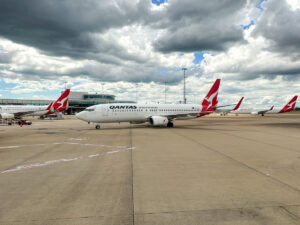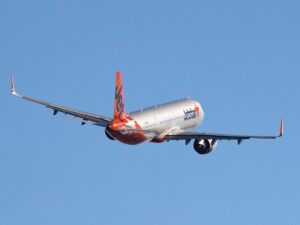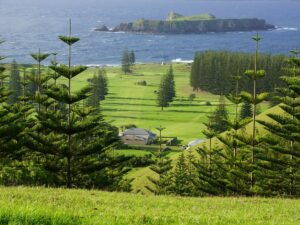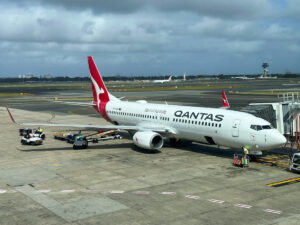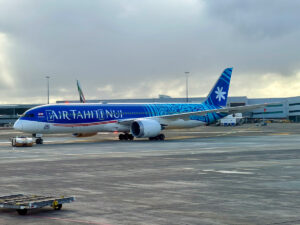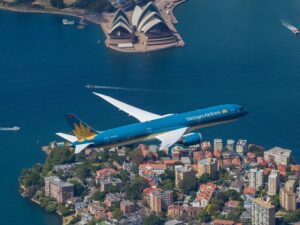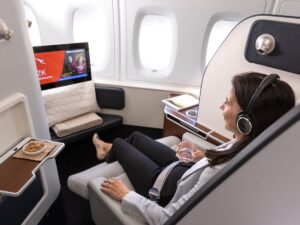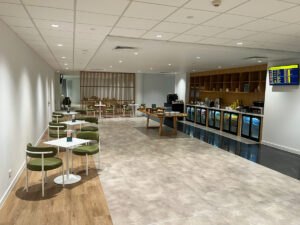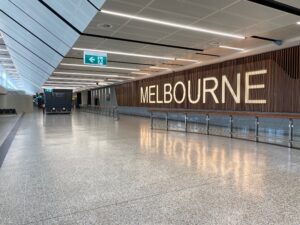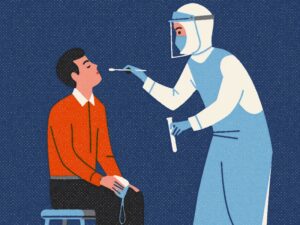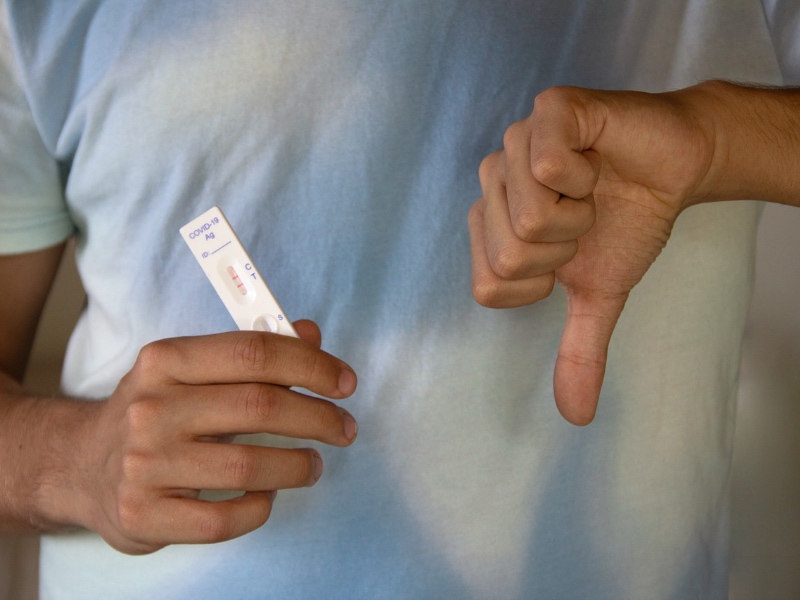
Travelling overseas in early 2022 is nothing like it was just a few years ago. Australia’s international border has partially reopened, but there are unfortunately still some huge risks involved with jetting off abroad.
Constantly changing testing requirements, border rules and flight cancellations are all parts of the problem. But perhaps the biggest risk is testing positive to COVID-19 while overseas and being unable to board a flight home.
This is exactly what happened to AFF member flyfl recently in Fiji. They have since recovered from their coronavirus infection, but a lack of available PCR testing and a lack of flexibility in Australia’s border rules has meant this member will remain stuck in isolation in Fiji for a total of 29 days – long after they’ve stopped being contagious.
flyfl unfortunately began feeling unwell shortly after arriving in Fiji and voluntarily isolated at their resort until they could get tested. Eventually their rapid antigen test came back positive, and they then completed their isolation period for the mandated amount of time in Fiji.
When their quarantine period ended, they no longer had any symptoms and got a negative rapid antigen test result. But when they eventually returned to the main township to get a PCR test – required to fly back to Australia – that test result came back as positive.
Unfortunately, it is possible to continue testing positive on the more sensitive PCR test for several weeks (or occasionally longer) after recovering from COVID-19 – even though you feel fine and are no longer able to pass on the virus to other people.
Recognising this, the Australian government will let you board a flight home with a positive PCR test taken in the days before the flight in conjunction with a medical certificate. This medical certificate must state that you are fit to fly and that at least 14 days have passed since your first positive PCR test result.
The Australian government Department of Health website contains the full details about Australia’s pre-flight testing requirements for international travel.
Unfortunately for flyfl, there were no PCR tests available at the resort where they were isolating on Taveuni Island and there was no way for them to access one at the time. Their first PCR test was only taken when they were planning to originally fly home. This means they now have to wait at least another 14 days before they can get medical clearance to fly home.
This member explained on the Australian Frequent Flyer forum:
I begged the hospital and the guy who tests tourists for a PCR but their answer was we don’t do it. This was despite me offering to pay for it but their protocol didn’t allow it.
– flyfl, 12 January 2022
A lack of flexibility from the Australian government
This member tried contacting the Australian Department of Foreign Affairs & Trade (DFAT) for advice, but says the operators were “extremely rude”, didn’t listen and hung up on them.
Recognising that PCR test turnaround times can be longer than usual in Fiji (and various other countries), the Australian government does allow pre-departure tests in Fiji to be taken up to 96 hours before departure instead of the usual 72 hours.
But there appears to be no flexibility in the rules for instances where someone had a positive rapid antigen test and has since recovered. This is despite rapid antigen tests now being accepted as proof of a COVID-19 infection in most Australian states and PCR tests no longer being offered to most people in Australia who test positive on a rapid antigen test.
The Australian government also continues to insist that people who test positive overseas for COVID-19 need to wait at least 14 days before being allowed to return, even though most people in Australia who test positive can now leave isolation after 7 days if they no longer have symptoms. (The domestic rules have changed recently, but the pre-departure testing rules for international arrivals haven’t been updated in over a year. They were originally written before even the Delta variant existed!)
flyfl did purchase travel insurance, which may cover some of the extra accommodation and other costs incurred. But it won’t be enough to cover their lost income due to not being able to return to work in Australia, and this person understandably says the saga is now taking a toll on their mental health.
Not everyone has had a bad travel experience
Sadly, this isn’t the only horror story from an Australian travelling to Fiji since the nation’s international border reopened in December. And Fiji is certainly not the only place where this could happen. There have been countless other stories from people in countries including Italy and Ireland whose holiday plans were ruined not just because they contracted COVID-19, but because they also couldn’t access timely PCR testing at their destination.
This is unfortunately just one of the risks associated with international travel during the Omicron wave.
But not everyone has had a bad experience in Fiji. Another AFF member, straitman, is currently in Viti Levu and has had a positive experience for all the right reasons.
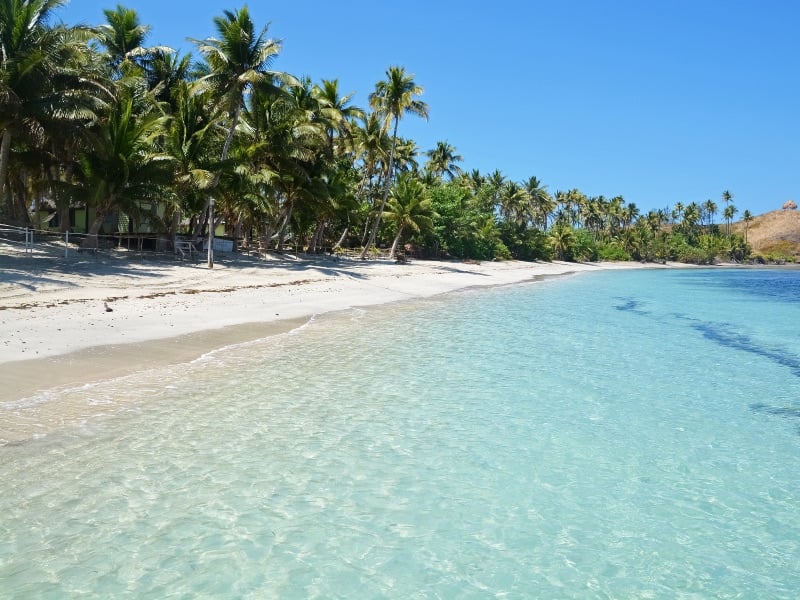
If you are planning to holiday in Fiji, the good news is that on-site PCR testing is available at many of the larger international resorts. But be sure to check this before booking, and be aware that there is an unavoidable element of risk involved.
Unfortunately, there have also been some reports of guests at hotels with PCR testing being treated poorly after a positive test. Another AFF member who recently visited Fiji says that at one resort, there has been an unusually high number of cases where only one member of a couple has been told they tested positive. They are then separated and the positive case is forced into an expensive “isolation room” for a week at their own expense. Apparently, staff are telling these guests not to worry because their travel insurance would cover the extra costs.
You can read more about flyfl‘s experience and join the discussion on the Australian Frequent Flyer forum: Fiji nightmare


